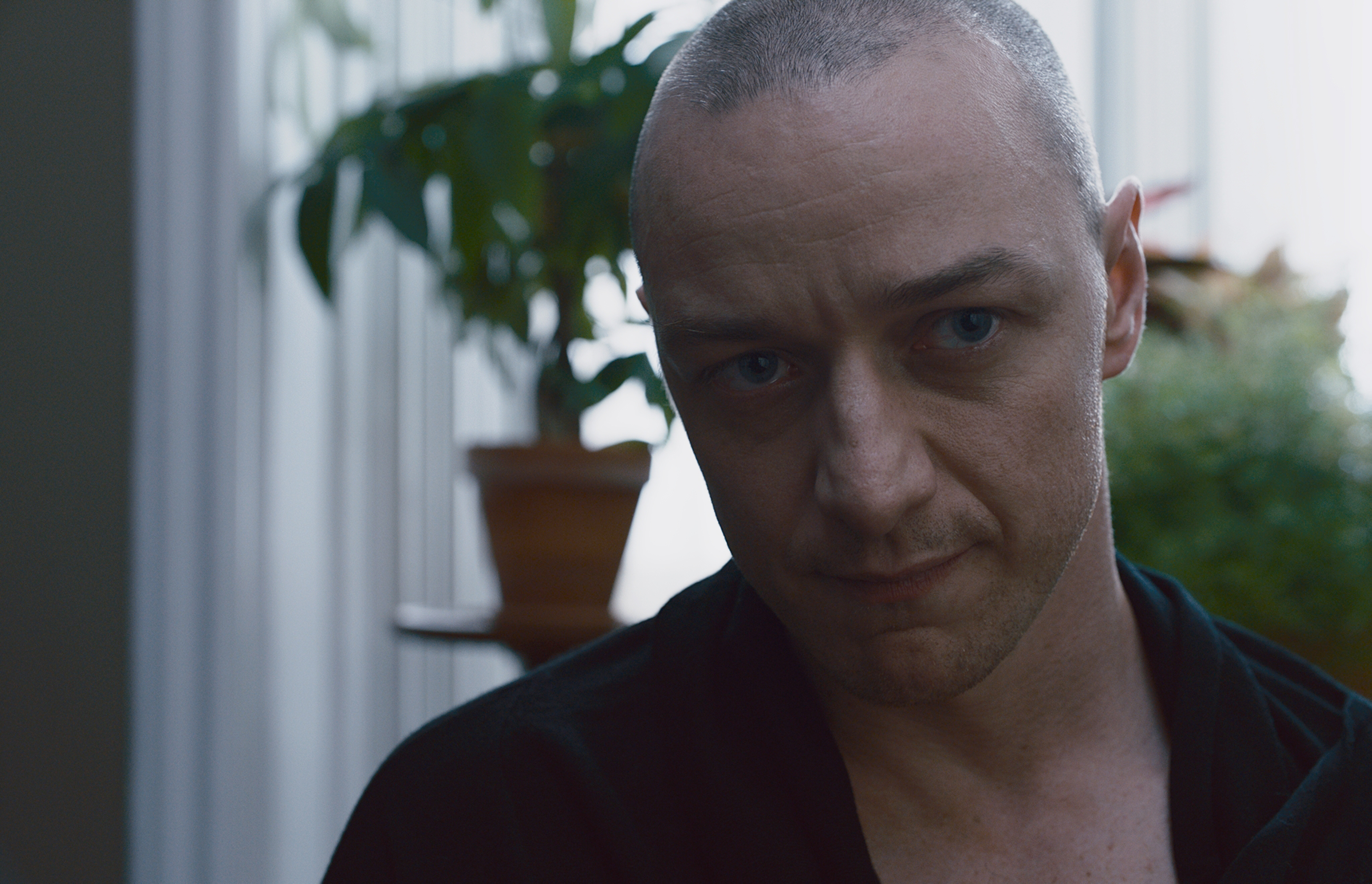A lot of people are calling Split a kind of return-to-form for director M. Night Shyamalan. And it very much is. When he first appeared as the “new kid on the psychological thriller block” in 1999 with The Sixth Sense, M. Night seemed to have a successful formulaic approach to his films: Slow-burning, tense thrillers, with a big twist at the end that surprises audiences and encourages multiple viewings.
In 2004, The Village wasn’t received as well as his previous three box-office hit films – but still made a decent profit. His next film, however, Lady In The Water, was a critical and financial failure. Critics called it “self-indulgent” and “…a full-out, flamboyant cinematic disaster, a work of nearly unparalleled arrogance and vapidity”. And with The Happening in 2008, I remember talk that Shyamalan had lost his touch, and that viewers expecting a surprise twist ending left disappointed. 2010’s The Last Airbender (an adaptation of a popular Nickelodeon animated series) was the worst performer of Shyamalan’s career, and his 2013 sci-fi adventure, After Earth wasn’t received much better, despite the presence of powerhouse duo Will and Jaden Smith on the poster.

You could argue that Shyamalan should’ve sticked to what he was best at – the suspenseful thrillers with a twist at the end. But that severely underestimates Shyamalan’s immense talent as a visual storyteller. The Sixth Sense doesn’t really stand up to many repeat viewings, and it’s cult status as ingrained it in pop culture so much that it’s mostly remembered in parody form – but it’s still a great suspense thriller. Unbreakable didn’t perform as well at the box office as was expected, but with DVD it has risen to cult status, where Time magazine ranked it at #4 on its list of top ten superhero movies of all time. Signs broke the mold to deliver an alien movie with a pseudo-religious philosophy about faith, fate, purpose, and the way the world works. And though all his movies weren’t perfect, the twist-formula isn’t the missing ingredient that makes a Shyamalan movie.
I believe that M Night Shyamalan’s career took a bit of a dive when audience expectation for his movies grew too big. I think it’s a really good thing that 7 years (and some bad movies) passed between The Happening and his next horror film: 2015’s The Visit. Though it was barely released and marketed in South Africa (who can blame distributors for expecting the new Shyamalan movie to be a flop?), it was a good film. Because of its very modest budget, the film succeeded in turning a profit, and placed the writer-director in the perfect place to make another tense thriller, with a bit more star power this time. The Visit left the supernatural behind to focus on grounded fears, using found footage-techniques to modernise his approach, limit the budget, and freak viewers out – the way he (and Alfred Hitchcock) used to.

Then there’s Split. It’s immediately apparent that Shyamalan’s signature style is here. The strong, prominent use of camera-as-narrator, with frames-within-frames and camera movements clearly communicating story beats and thoughts, rather than just being arbitrary or aesthetic camera placement – very much like Unbreakable. The subtle soundtrack underscoring that puts the listener on edge, and the director’s Hitchcock-inspired sense of suspense throughout – just like in The Sixth Sense. Even his clear colour code (most notable in The Village – remember the “bad colour”?) is back. And certain thematic elements and ideologies presented in Split are similar to what Shyamalan has used before in The Sixth Sense, Unbreakable, Signs, The Village, and Lady in the Water.
Split is a psychological thriller with a strong focus on the “psychological” part. Three teenage girls are kidnapped by a scary psychopath (brilliantly portrayed by James McAvoy), and held in a tiny room with no windows. Split is definitely the kind of film that you’d probably enjoy most if you know as little as possible about the plot, so my synopsis stops here. If you’re playing along, I’d also recommend avoiding the trailer.

Beforehand, I had heard people praising McAvoy’s acting showcase in this film, but it didn’t impress me that much… at first. Yes, it can’t be the easiest role to play, but that’s the actor’s job, isn’t it? However, as the film progress, the role keeps changing and challenging, and I think that McAvoy and Shyamalan’s development and treatment of the character is praiseworthy. The film’s biggest weak points are its dialogue (which doesn’t feel true-to-life at all, and asks a little more suspension of disbelief), scientific accuracy (this layman really doesn’t think the psychology presented on screen resembles the real-life science at all), and the plot’s reliance (albeit intentional) on coincidence and/or “fate” which is reminiscent of Signs, Unbreakable and Lady in the Water.
If you can suspend your disbelief enough that realism doesn’t bother you (which is often not an issue with horror and thriller movies), then you’re in for a pretty exhilarating ride.
Split is currently in cinemas.






